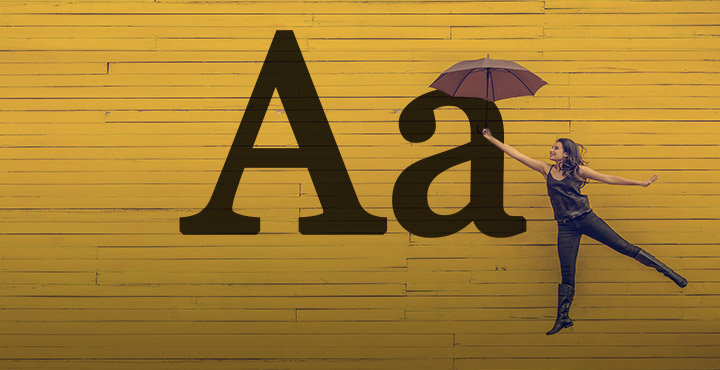Decide whether your document needs editing or proofreading
It's common for many people, including business professionals and first-time Scribendi clients, to be a bit unclear about the differences between editing and proofreading.
Let's define editing
We define editing as making revisions to and suggestions about the content of a document, focusing on improving the accuracy of language, flow, and overall readability, as well as checking for grammar and spelling. In other words, editing involves a detailed review of a paper.
When performing an edit, our editors are looking for consistency in your fiction or academic writing and clarity in your thoughts. This applies to all types of documents, including technical/scientific papers and arts/humanities submissions. Helping you "find your voice" is a part of this. We want you to come across as sounding like you know your topic inside and out and are comfortable writing from an English language perspective.
It's easy to get bogged down with details and lose focus, especially if it's 3:00 a.m. and you're still typing. Our mandate is to gently bring you back around to the task at hand, grammatically!
It takes talent to be a good editor
Editing requires not only a background in English language skills but also a measure of intuition—knowing what looks right or wrong on the page—to gain a "feel" for your project's meaning and intention. A good editor will be able to look at your academic or fiction writing in an unbiased fashion. A professional editor will always apply his or her knowledge of English grammar conventions to help make your paper look and sound its best.
Now, on to proofreading
Proofreading, on the other hand, is the process of correcting grammatical, spelling, and typographical errors in a document. Proofreading must also go beyond simply using a spell check feature on our computers, as this technique is not as reliable as many of us would like to believe.
Anomalies, such as different language sets (i.e., American English versus Australian or British English), faulty assumptions about grammar and sentence structure (made by the program), embedded information, and field-specific terminology, mean that we must review a document thoroughly, without relying on spell or grammar checks to do it for us. A final spell and grammar check provides "quality assurance" for your paper, but should be undertaken only after your document has been edited.
We are not a document writing service
Although our editors can offer suggestions about what may sound more appropriate, clients must keep in mind that editing does not equal rewriting. It's easy to fall into the mindset of, "Oh, man, I just can't write this on my own. I think I'll send it to Scribendi and have their editors do the work for me!"
Scribendi is not an essay writing service; we will not, under any circumstance, completely rewrite your document. As editors, we must make a clear distinction regarding the difference between editing and doing your work for you. We want to help, but we also want to ensure that your work remains your own and retains your original ideas.
Order the service that's right for you
Editing and proofreading are often confused, primarily because their goals tend to overlap a bit. It's fairly easy for our editors to look at a document that specifies only proofreading and be tempted to alter sentence structure, address formatting issues, and clarify thoughts to help our clients sound their best. Our editors must, however, follow the guidelines of the client's order request, even if it calls for proofreading only.
Now that you know the difference between editing and proofreading, you are probably aware that each requires different knowledge and skill sets.
Image source: blickpixel/Pixabay.com










